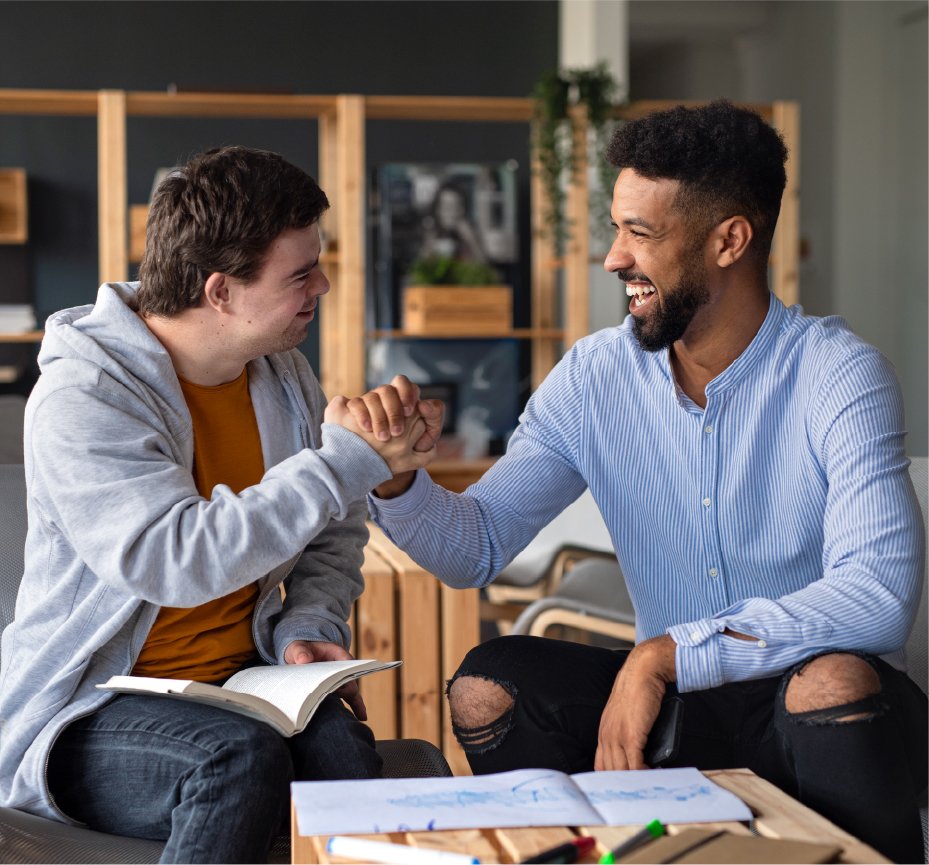
SEXUAL RIGHTS OF PERSONS WITH INTELLECTUAL DISABILITIES AND DEVELOPMENTAL DISABILITIES (IDD)
- Posted by Manovikas eGyanshala
- Categories Advocacy, CRE, Self-advocacy, Sexual-advocacy, Training and Workshops
- Date May 17, 2022
- Comments 1 comment
Today the picture has changed and to a large extent, persons with intellectual disabilities and developmental disabilities (IDD)* live their entire lives in the community. They are included into schools, colleges, workplaces, recreational activities, and other activities. As society has evolved, we also have come to recognize that adults with IDD should be able to make decisions to the greatest extent of their abilities. Freedom to make decisions is a core human right, fundamental to personal autonomy and self-determination.
But when it comes to sex, sexuality and relationships, challenges remain. Many people—including parents and caregivers—still hold stereotypes about the sexuality of this population.
“There is still the perception that people with intellectual disabilities are asexual, that they are eternal children, that they aren’t interested in sex,” says Shelley Watson, PhD, professor of psychology at Laurentian University in Ontario, Canada.
Decisions about sexuality and relationships are no different for persons with IDD. These decisions can be central to the human experience. Individuals with IDD have a fundamental right to sexual expression.
The American Association on Intellectual and Developmental Disabilities (AAIDD) and The Arc issued a Joint Statement in 2008 affirming that people with ID “like all people, have inherent sexual rights. These rights and needs must be affirmed, defended, and respected” (AAID & The Arc, 2008).
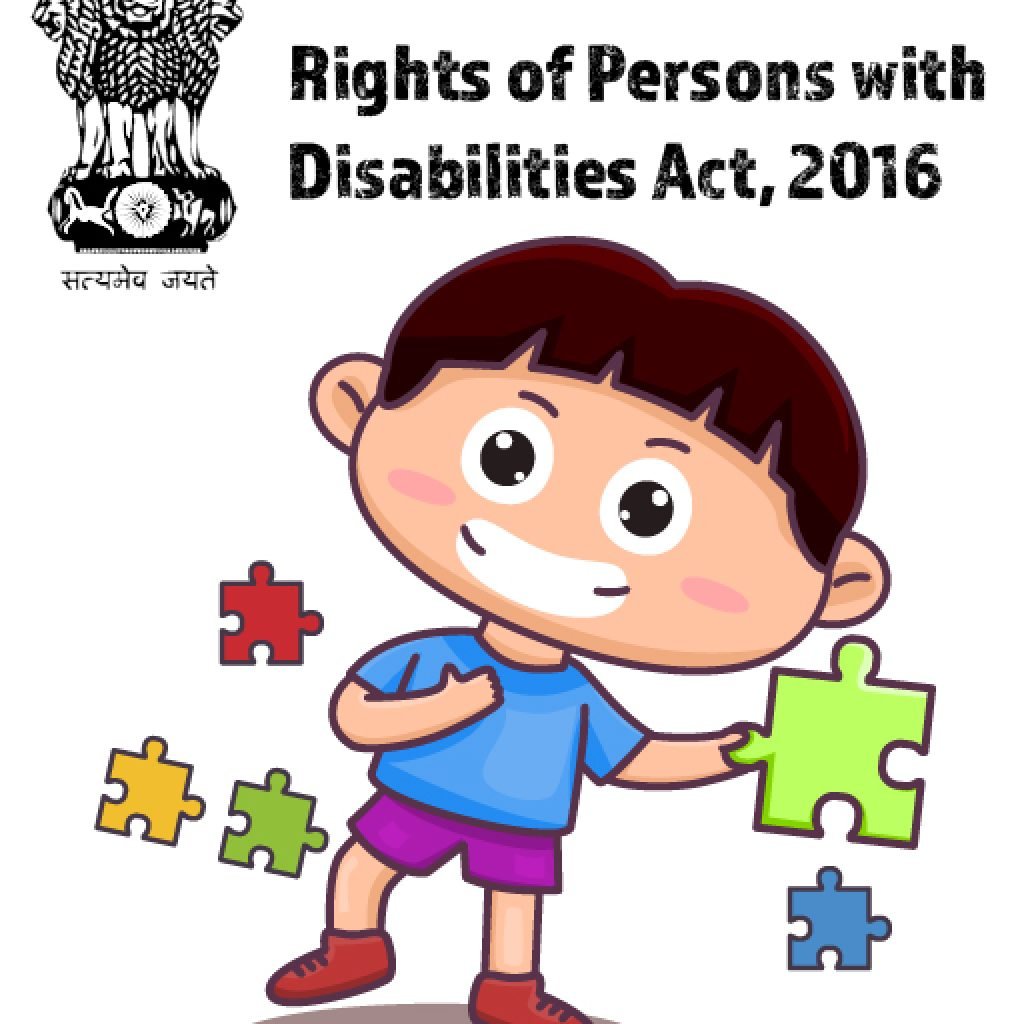
Section 25(k) of the Rights of Persons with Disabilities Act, 2016 (RPD Act) deals with providing sexual and reproductive health care, especially for women with disability.
Under Section 92 (d) of the RPD Act, 2016 the sexual exploitation of a disabled child or woman by creating a position to dominate her will is atrocity and a punishable offence.
National Trust Act for the Welfare of persons with Autism, Cerebral Palsy, Intellectual disability (ID) (formally known as Mental Retardation), and Multiple Disabilities Act, 1999 (NT Act) only indicates about sexual abuse, it has been said that whenever there is a situation of neglect or misbehavior on the part of the guardian, the commission will be constituted.
The guideline and protocols, medico-legal care for survivors/victims of sexual violence, published by the Government of India, Ministry of Health & Family Welfare
Department of Health and Family Welfare, Hospital Division, clearly indicates that do not assume that a person with a disability cannot give a history of sexual violence himself/ herself. Because abuse by near and dear ones is common, it is important to not
let the history be dictated by the caretaker or person accompanying the survivor.
History must be sought independently, directly from the survivor herself/himself. Let the
a person decide who can be present in the room while history is being sought and
examination conducted.
Consent is importnat. All persons are ordinarily able to give or refuse to give informed consent, including persons with mental illness and intellectual disabilities, and their informed consent should be sought and obtained before any medical examination. Some specific steps may be required when taking informed consent from persons with mental illness or those with intellectual disabilities. If it is deemed necessary, such persons should:
(a) be provided with the necessary information (what the procedure involves, the
reason for doing the procedure, the potential risks and discomforts) in a simple
language and in a form that makes it easy for them to understand the information;
(b) be given adequate time to arrive at a decision;
(c) be provided with the assistance of a friend/colleague/caregiver in making the informed consent decision and in conveying their decision to medical personnel. The decision of the person to either give consent or refuse consent with the above supports, to the medical examination, should be respected.
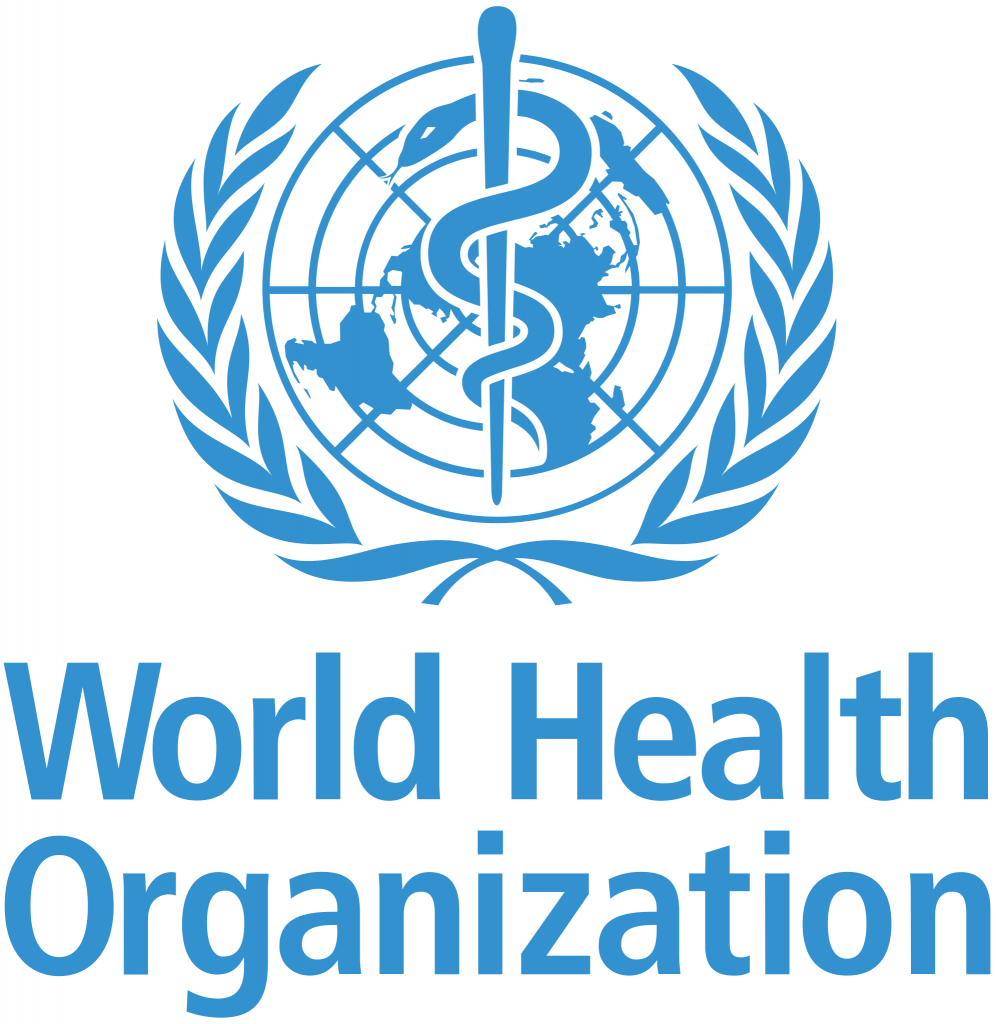
The World Health Organisation (WHO) has provided the working definitions of sexuality and states that sexual health cannot be defined, understood or made operational without a broad consideration of sexuality, which underlies important behaviours and outcomes related to sexual health. The working definition of sexuality is:
“…a central aspect of being human throughout life encompasses sex, gender identities and roles, sexual orientation, eroticism, pleasure, intimacy and reproduction. Sexuality is experienced and expressed in thoughts, fantasies, desires, beliefs, attitudes, values, behaviours, practices, roles and relationships. While sexuality can include all of these dimensions, not all of them are always experienced or expressed. Sexuality is influenced by the interaction of biological, psychological, social, economic, political, cultural, legal, historical, religious and spiritual factors.” (WHO, 2006a)
Sexuality is a natural and precious aspect of life, it is also an essential and fundamental part of our humanity to achieve the highest level of health for all of us. In particular, individuals with IDD should be empowered to choose sex and reproductive health in their lives by first being aware of their sexuality; They should feel confident and secure in expressing their sexual identity.

In India under the RPD Act and the NT Act, the sexuality of persons with disabilities, and especially those with IDD, is not discussed to such an extent.
In general, individuals with IDD are considered asexual and are thought to lack love and relationships with others and a desire to fulfil sexual expression. Individual rights to sexuality, which are essential to human health and well-being, have been denied to some extent.
Its loss negatively affects intellectual and developmental disabilities, thereby depriving them of gender identity, friendship, self-esteem, body image and awareness, emotional development and social behaviour. Individuals with IDD are often not provided with or even lack access to appropriate sex education at home, in special schools, inclusive schools, and other settings. Also, some individuals display sexual problem behaviours or poor choices about sex rather than express their sexuality, lie or manipulate things, and feel lonely, resulting in abuse or physical abuse. They may be forced to engage in sexual activity.
What Manovikas is doing?
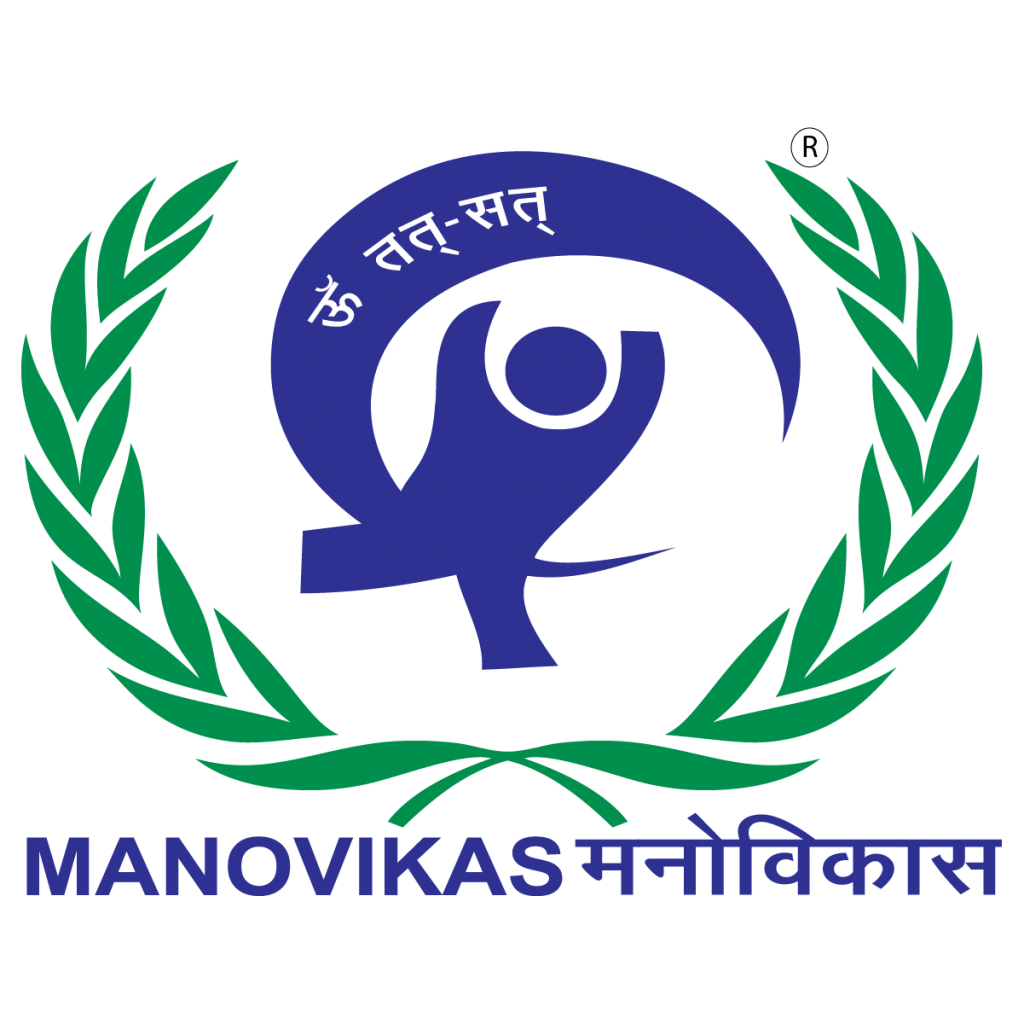
Today, discrimination, stigma, fear and violence are real threats to everyone and individuals with IDD are largely ignored, when they are most vulnerable. This is a sign of danger – it is hopeless and it threatens their lives. Many people are also prevented from accessing basic sexual rights and healthcare.
Manovikas Charitable Society (MCS) is committed to accomplishing its goals through a positive approach that embodies the principles of universality, interconnectedness, interdependence and the indivisibility of all human rights for individuals with IDD. We make every effort to ensure that sexual rights – human rights for individuals with IDD – are respected through our service provision and advocacy and also in the wider public sphere.
MCS is recognising the challenges of addressing sexuality with persons with IDD. As the State Nodal Agency Center (SNAC) of the National Trust for the welfare of persons with Autism, Cerebral Palsy, Intellectual disability (ID) (formally known as Mental Retardation), and Multiple Disabilities, Department of Empowerment of Persons with Disabilities in the Ministry of Social Justice and Empowerment, Govt. of India providing adequate online and offline training, providing workshops. Strives to help bring about a positive attitude towards sexuality by training professionals, teachers, self-advocates and parents and boosting their confidence.
Sexual Rights of People with Disabilities
All persons with disabilities have the same right to sexual expression as all other persons in society. These rights include, but are not limited to, the following:
- Ordinary people should not judge how persons with disabilities (Divyangjan) live whether they want to be alone or with whom they choose to live.
- Persons with disabilities have the right to ask questions, to know about sex-related safety and their health.
- Persons with disabilities can talk about their relationships and choose a partner, they have the right to make a choice about who they want to be with.
- Common people should respect the privacy and rights of persons with disabilities and treat everyone well.
- Persons with disabilities have the right to be safe and should not hurt or judge anyone by abusing or indecently. Voices will have to be raised for the safety of persons with disabilities (Divyangjan)!
What is Sexual Self Advocacy for Persons with IDD?
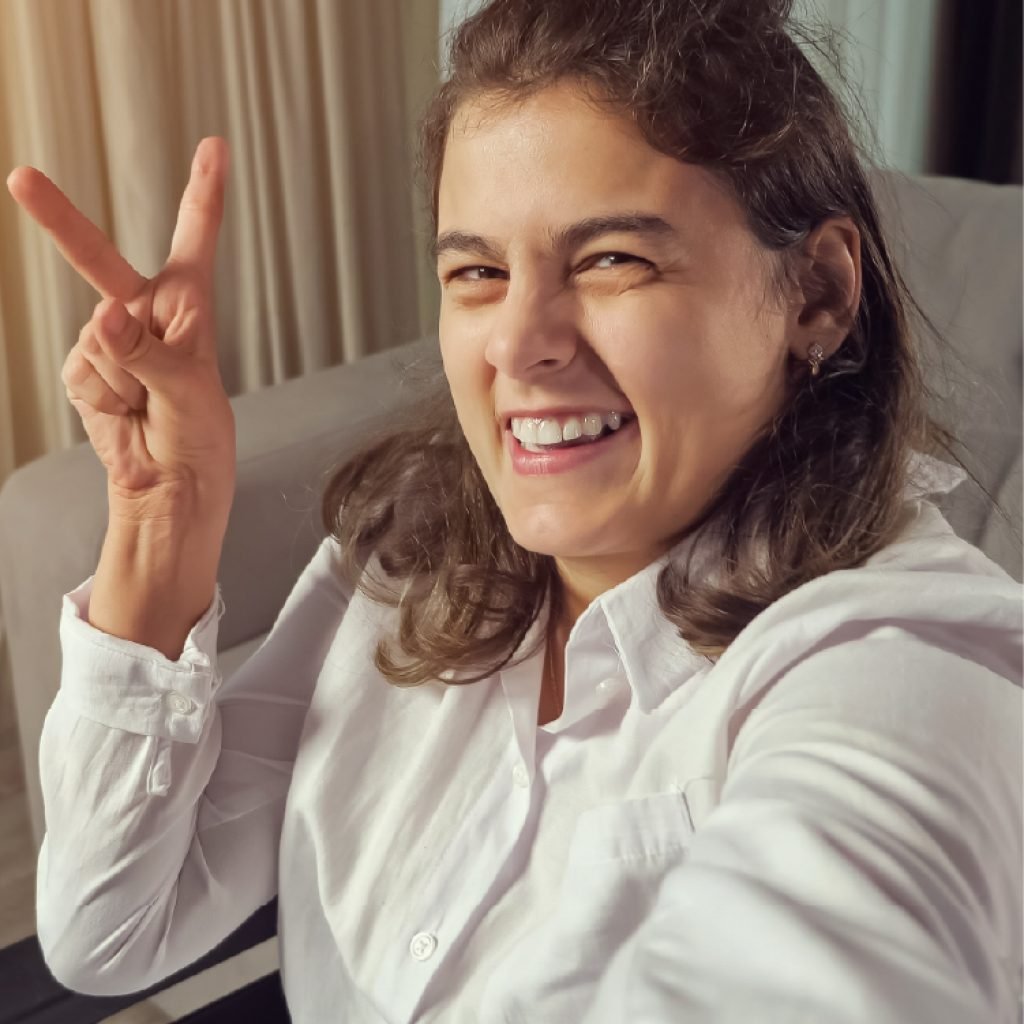
The ability to speak up or make one’s point of view is important for self-advocacy. Self-support or support for yourself means that you can ask for what you want and let everyone know about your thoughts and feelings.
The following statements by 30 persons with intellectual and developmental disabilities (IDDs) by The Sexuality and Disability Consortium UIC Institute for Policy and Civic Engagement, USA suggest the inline indications of what sexuality or sexual self-advocacy means to them. shows that provide insight into how to initiate sexuality or sexual self-advocacy for individuals with IDD.
Make my Choice

“Make My Choice” has been a flagship program for Manovikas since 2004 and helps individuals with IDD make choices about what they want and how to express their basic needs and sexuality. Training is given during the ‘Make my Choice’ workshop. The choices made by individuals with IDD are their own choices and reflect their own life experiences and values.
- “Being confident in choosing your boyfriend.”
- “Choosing the Choice of Consent to Have Sex.”
- “Choosing not to have sex until you’re married.”
- “I like to be happy and intimate and truthful and I have a right to say no.”
- “Feeling comfortable with that person when talking about sex.”
Respect
Knowing and respecting oneself means being comfortable with oneself and respecting oneself. Every day you can learn about yourself—what you want, what you need, what’s important to you, and what you want in a healthy relationship, which includes loving yourself.
- “Honour is dignity for oneself.”
- “My view of self-advocacy is powerful, independent, strong, and loving.”
- “My morals, my voice, love and respect.”
- “Be comfortable with yourself.”
Respect for others means respecting other people in the way they communicate about their sexuality and the choices they make. In any relationship, there is also respect for what the other person likes and wants.
- “Respect other people.”
- “Respect the wishes of other people in the relationship.”
- “I am happy that I am loyal and responsible.”
- “Friends, trusting friends- your responsibility.”
Rights
Respecting my rights means that rights are something which every person has and under which all people are protected. Self-advocates know that they have rights and that others should respect their rights and limitations.
- “Standing up for your rights and telling someone your rights.”
- “Don’t judge or condemn my thoughts.”
- “I have the right to act like friends.”
- Don’t defame my decision making.”
- “Try to be firm and be firm in your beliefs.”
Speaking Up
Speaking up means that you can use your voice to speak for yourself and for others. Everyone’s voice is important and deserves to be heard and respected. Speaking up for others shows support for people with disabilities. You can speak up for yourself or others in all types of relationships, including friends, partners, family, employees, and law enforcement.
- “Telling someone what you want and what you don’t want.”
- “Don’t feel like a victim or a pity when you’re saying something important.”
- The freedom to speak your mind.”
- “Speak up for those who need help talking about sexual self-advocacy.”
Training
The purpose of receiving information about sexuality training for individuals with IDD is to process learning about safe relationships. It is important to know how to obtain information and from whom to ask for information. It is important that you understand the information and that it is understood for you and your life.
- “How to ask someone out.”
- “Asking if having sex.”
- “Skill- Parts of the body. My choice.”
- “Family-they help you speak out against abuse & train you about safety.”
- “If two guys want to get it. If two girls want to get it.”
Relationship
Healthy relationships mean that self-advocates believe that dialogue and communication are important in a relationship. It also involves a sense of respect between both partners. When a relationship is healthy, self-advocates feel comfortable, loved, happy and successful. Both partners accept responsibility and express their sexuality in a safe and healthy way.
- “We’ve got sex, success, power, fun, respect, beauty, and the other word is love.”
- “Be happy with each other”
- “Saying what I would or would not do in an intimate relationship while meeting my partner’s needs.”
- “My boyfriend is good, nice, that’s what’s special.”
Interdependence is part of Sexual Self-Advocacy
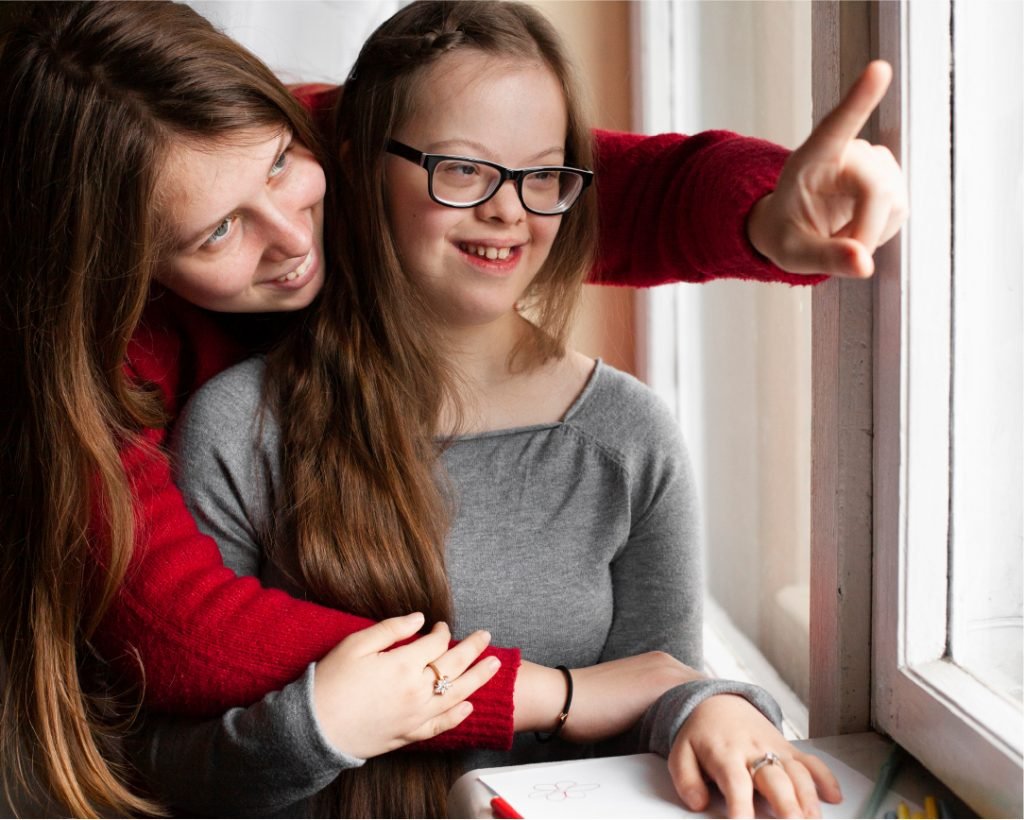
Sexual self-advocacy, like the entire self-advocacy movement, doesn’t work all by itself. Instead, self-advocates work to support and support each other as they practice sexual self-advocacy. Others in the lives of individuals with IDD can also provide support for sexual self-help. For example, they can help adults with IDD develop romantic relationships and increase skills for sexual expression. The above themes that self advocates use to describe sexual self-advocacy share a formula that focuses on social and interdependent relationships.
Sexual self-advocacy implies interdependence and means.
- “I need friends. I need help.”
- “Speak up and get support.”
- “Meet other people. Gotta make friends.”
* Intellectual disability (ID), is a condition characterised by significant limitations both in intellectual
functioning (reasoning, learning, problem-solving) and in adaptive behaviour which covers a range of every day, social and practical skills, including—
(a) “specific learning disabilities” means a heterogeneous group of conditions wherein there is a the deficit in processing language, spoken or written, that may manifest itself as a difficulty to comprehend, speak, read, write, spell, or do mathematical calculations and including such conditions as perceptual disabilities, dyslexia, dysgraphia, dyscalculia, dyspraxia and developmental aphasia;
(b) “autism spectrum disorder” means a neuro-developmental condition typically appearing in the first three years of life that significantly affects a person’s ability to communicate, understand relationships and relate to others, and is frequently associated with unusual or stereotypical rituals or behaviours. (ref. RPD ACT 2106)
Developmental Disabilities (DD), are covered under the National Trust Act for the Welfare of persons with Autism, Cerebral Palsy, Intellectual disability (ID) (formally known as Mental Retardation), and Multiple Disabilities. These are a group of lifelong conditions that emerge during the developmental period and result in some level of functional limitation in learning, language, communication, cognition, behaviour, socialization, or mobility. The most common DD conditions are intellectual disability, Down syndrome, autism, cerebral palsy, spina bifida, fetal alcohol syndrome, fragile X syndrome, Multiple Disabilities (more than one of the above-specified disabilities) including deaf blindness which means a condition in which a person may have a combination of hearing and visual impairments causing severe communication, developmental, and educational problems.
Intellectual and Developmental Disabilities (IDD)
The acronym “IDD” is used to describe a group that includes either people with both ID and another DD or a group that includes people with ID or another DD. The support that people with IDD need to meet their goals varies in intensity from intermittent to pervasive.
Certificate in Sexuality Education for IDD
Descriptions: Eligibility: Duration
Inclusive Education – the Promise and Reality
Highlighting about Equal Access to All Levels of Education and Vocational Training This is the time to transform the promise of the SDG4, to...
International Workshop on Equal Opportunity Policy
In pursuance of the provisions under Rights of Persons with Disabilities Act 2016 (RPD Act 2016) and UNCRPD, 2006, every establishment needs to DESIGN,...
National Seminar on Mental Health (NSMH-06) on the Relevance of Brain Science for Disability Advocacy & Inclusion
Download your NSMH-06 Flyers We are thrilled to extend an exclusive invitation to join and register for NSMH-06: National Seminar on Mental Health! 🌟...
Tag:ASD, Consent, DD, developmental disabilities (DD), dignity, disability, disability issue, eroticism, gender identities, IDD, Interdependence, intimacy, Make my Choice, medico-legal, persons with intellectual disabilities, persons with intellectual disabilities and developmental disabilities (IDD), pleasure, Relationship, relationships, reproduction, resonable accomodation, Respect, Self Advocacy, sex, sex education, Sexual Advocacy, sexual orientation, SEXUAL RIGHTS, sexuality, Speaking Up, support, Training, World Health Organisation (WHO)
You may also like
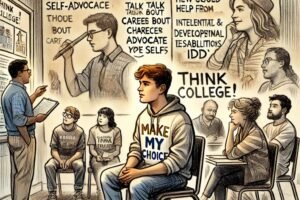
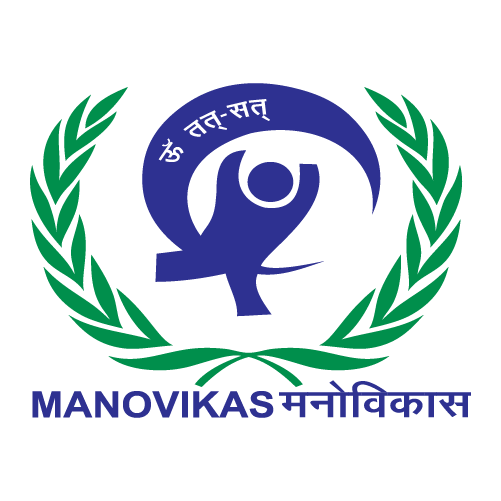


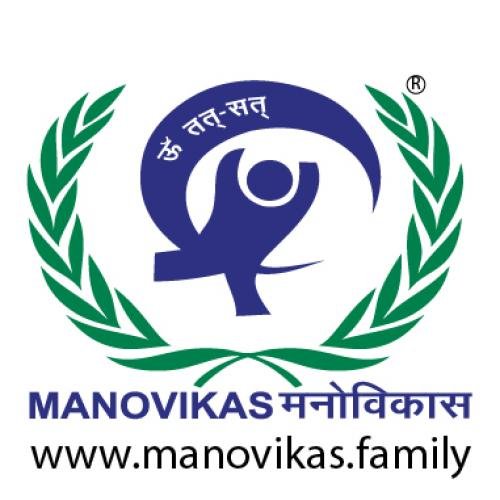

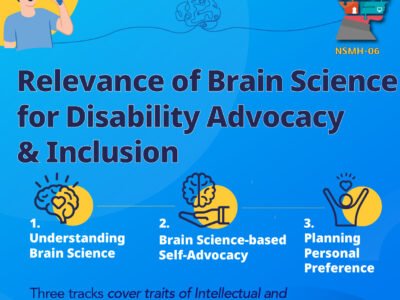
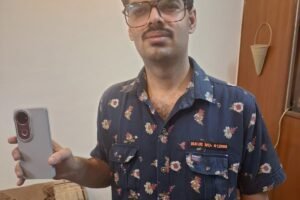
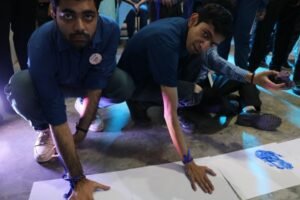
1 Comment
Hello, just wanted to mention, I loved this post.
It was helpful. Keep on posting!